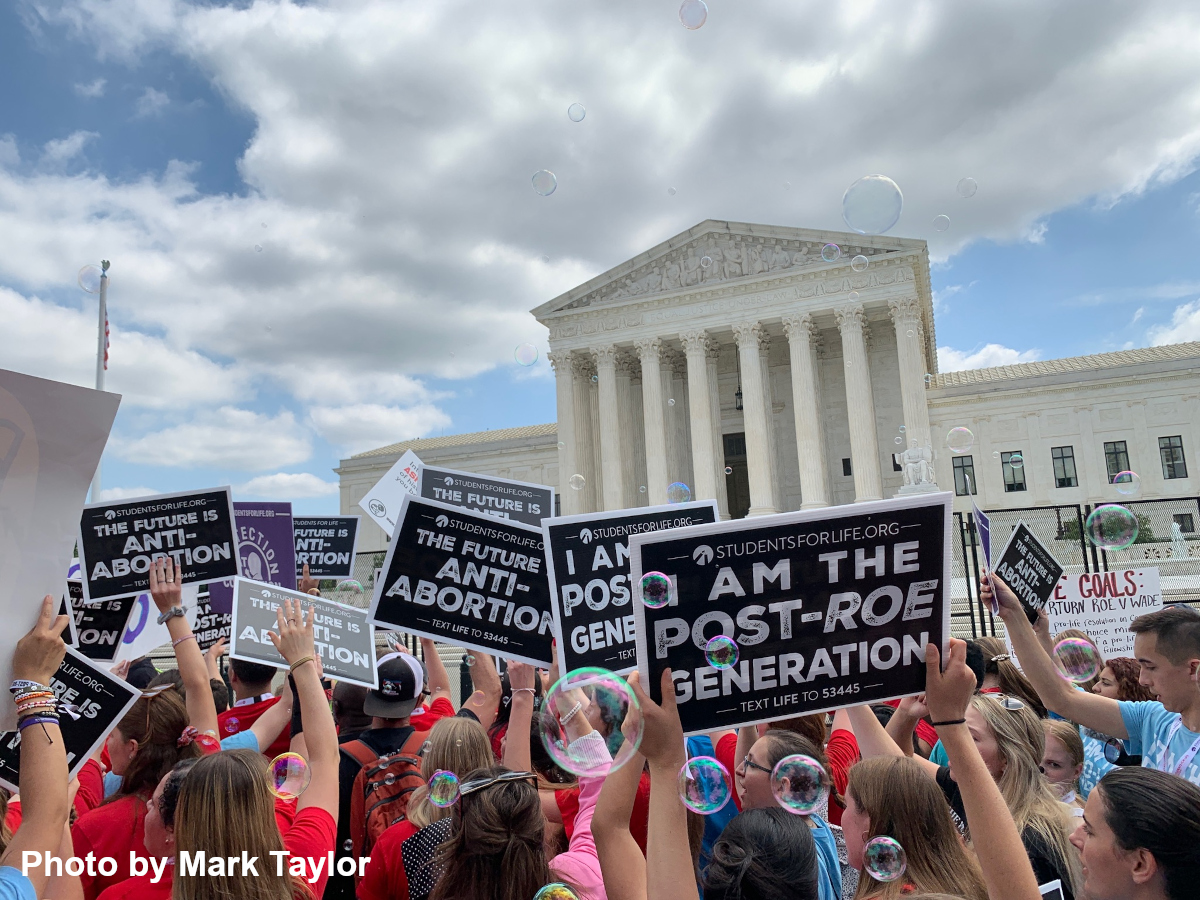When it comes to polling, the answers you get depend on the questions you ask. A poll from Harvard University and the Harris polling firm in the wake of the Dobbs ruling at the U.S. Supreme Court gives a perfect illustration for this principle. The poll, which was conducted in the week following the High Court’s reversal of Roe v. Wade, asked a number of questions about Americans’ opinions on abortion policy. A total of 1,308 registered voters were surveyed.
When asked whether they opposed the Supreme Court’s overturning of Roe v. Wade, 55% of respondents said that they opposed the overturning. One would think that means that Americans support court-mandated abortion-on-demand until viability. However, when asked whether abortion policy should be set by the Supreme Court, Congress, or each individual state, only 25% said that the High Court justices should be making the call.
You are probably asking how these two questions could co-exist on the same poll. After all, one question shows clear 55% support for court-mandated abortion policy while the other question shows only 25% support for the exact same thing. The answer lies in how the questions were asked. The left has done an amazing PR job with Roe v. Wade. They have most Americans thinking that a world without Roe is a world where women are oppressed, endangered, and commoditized. Yet, if you confront people with what Roe actually does, namely removing the right of We the People to decide our own laws, then American voters obviously oppose it.
The lessons to learn from this poll are twofold. First, don’t trust polls that claim that Americans want Roe. Voters who are educated on what Roe actually is overwhelmingly reject it. The second lesson to learn is that the life-affirming community has to do a better job of education. How will people know unless we tell them what Roe means? The mainstream media certainly won’t do the job for us. Rather than immediately attacking people who say they like Roe, why don’t you figure out if they know what Roe actually means? You might be surprised how many allies you really have.






